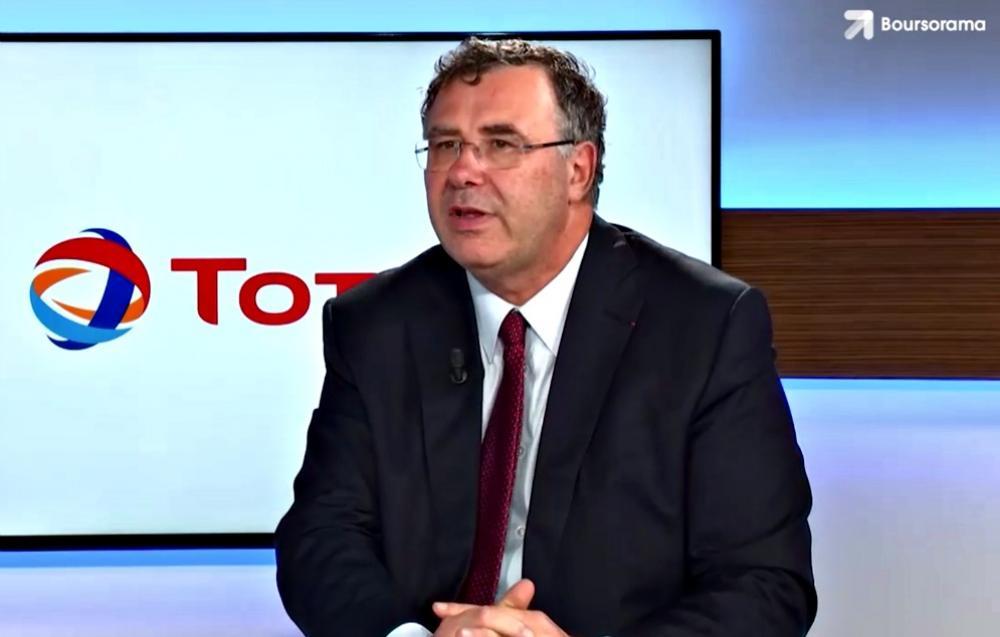KAMPALA-Patrick Pouyanne, the Chairman and Chief Executive Officer of TotalEnergies has declined to appear before the European Parliament’s sub-committee on Human Rights, saying legislators there took a tough yet deeply biased decision on the company’s oil activities in Uganda without asking for their side of the story.
The European Parliament on September 15 passed an “emergency resolution” by a large majority, denouncing the East African Crude Oil Pipeline [EACOP] that is supposed to deliver Uganda’s crude oil to Tanga port in Tanzania for onward export.
They said the project would disturb the environment greatly and would displace up to 100,000 people, a claim Total said was far from the truth.
In their resolution, the European MPs called for a halting of all drilling activities in the protected and sensitive ecosystem of Murchison Falls National Park and a further postponement of work on the pipeline for at least one year to study the feasibility of an alternative route that would preserve the environment and consider other projects based on renewable energy.
Pouyanne was asked, after this resolution was passed, to appear and defend his company in only eight minutes, a thing he said was ridiculous.
“The fact that the sub-committee decided to extend an invitation to me after the fact, to express myself when the decision had already been taken, for (the) duration of eight minutes… does not in any way correct the situation created by this deliberation, because the adversarial principle can scarcely apply retroactively,” he wrote.
“You will understand that I do not intend to accept the invitation under these circumstance.”
That was a tough position that also reflected a disconnect with the facts explained elsewhere. The European Union office in Kampala said that was not an institutional opposition to the project and the governments still backed that project.
The European MPs had also called for an end to alleged human rights violations in Uganda, further calling for prompt, fair and adequate compensation for those expropriated or deprived of access to their land by the EACOP project.
Pouyanne discounted this as well.
“I very much regret that the Company and, by extension its 105,000 employees should be publicly accused of in this way by your institution, without being approached at any point for a prior adversarial discussion,” he wrote.
“I cannot help but feel that your assembly should reach its opinions on subjects that it is free to select itself completely independently. It seems to me that in this case, the adversarial principle on which the rule of law is based has not been respected in any way whatsoever.”
He denied the basic facts in that accusation.
“If we had been asked for explanations, we would have been able to inform the parliament that the project does not raise ‘risk’ and even less an ‘imminent’ one, of the displacement of 100,000 people,” he stated.
“In fact 723 affected households, with some 5,000 people, will be re-homed nearby in higher quality housing; other people affected because they own or farm land covered by the project have naturally been taken into account in the compensation procedure.”
As such the EACOP does not pose any risks as raised by environmental activists in Europe, noting that some of the people affected by the project have been promptly compensated ahead of time.
In Uganda, the company went ahead and launched an “Action for Sustainability” campaign to show what they have been doing in that regard.
This was done alongside government officials, other regulators and watchdog bodies.
Philippe Groueix, General Manager TotalEnergies EP Uganda, said their Tilenga project is onshore and conveniently located in a way that they would never harm the environment or the communities, who are usually consulted on major moves that would affect them.
“We aim to not only implement but also demonstrate the achievement of Net Positive Gain on the Tilenga project whilst adhering to the most stringent international requirements,” he said.
“Since the start of our operations, we have made the commitment to develop this project in a transparent, socially and environmentally friendly manner in line with the UN Sustainable Development Goals [SDGs], hence the campaign theme “Action for Sustainability.”
The Ugandan government has insisted that its oil projects including EACOP will go on despite condemnation from environmental activists.
The 1,443 km pipeline will carry the oil from Uganda’s Lake Albert oilfields and elsewhere to the port of Tanga in Tanzania. When ready, it will be the world’s longest heated pipeline, since Uganda’s oil is waxy and has to be transported at certain temperatures to remain fluid.
The estimated cost of construction is around US$ 4 -5 billion. Officials say it will be financed from equity provided by the shareholders and loans. Once in operation the pipeline will receive a tariff for each barrel of oil transported to repay the loans and make a return on the investment.
EACOP has already attracted US$ 300 million from alternative lenders as its proponents rush to save the project from pressure groups citing environmental concerns. Uganda recently received an additional pledge of US$ 200mln from the Afri-Exim Bank towards laying the pipeline.
https://thecooperator.news/totalenergies-launches-initiative-to-protect-environment/
Buy your copy of thecooperator magazine from one of our country-wide vending points or an e-copy on emag.thecooperator.news
